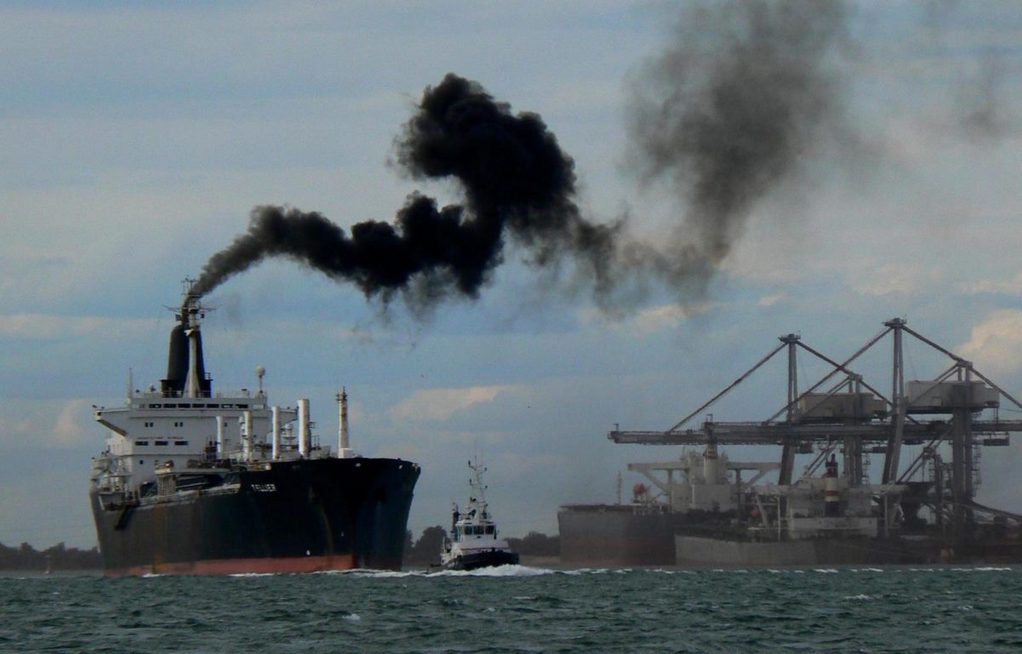In New Zealand, new Marine Protection Rules targeted to reduce emissions from boats came into force. The rules are part of New Zealand’s accession to MARPOL Annex VI, an international agreement that aims to reduce air pollution from ships. As of 1 January 2023, the Part 199 Marine Protection Rules are fully in effect.
The Part 199 apply to New Zealand commercial vessels and recreational boats that operate in the sea. Vessel and boat owners have a part to play in protecting our marine environment, and we can all help to reduce the impact of climate change. The Part 199 rules don’t apply to vessels that operate solely in inland waters such as lakes or rivers.
The main Part 199 rules that will affect recreational boats are around the use of compliant fuel and engines.
If you use diesel or petrol fuel from a retail pump, then you can assume that it is compliant. If you buy in bulk or use heavier fuel oils, check with your supplier.
From 1 January 2023, if you install an engine over 130kW/174HP, then it needs to meet a required emissions level and have specific documentation to be compliant. This applies to newly installed second-hand engines as well as brand new ones.
The same applies if you are building a boat or importing a boat from overseas with engines over 130kW/174HP – those engines need to be compliant and have documentation straight away.
If your boat was already in the NZ fleet before 1 January 2023 and it has an existing engine over 130kW/174HP that was installed before 1 January 2023, then you can keep using that engine until 30 June 2032, whether it is compliant or not.
After 30 June 2032, an existing installed engine may need to be compliant and have documentation in the same way that a newly installed engine does. Not all existing engines will need to be compliant.
Tags: Air Pollution, Boats, MARPOL, MEPC, New Zealand



Recent Posts
MOL and Tokyo Gas to Install World’s Second Wind Challenger to New LNG Vessel
Azane Unveils New Subsidiary to Drive Ammonia Bunkering Development Oslo, Norway
IKEA Drives a Green Revolution in Indian Logistics with Electric Freight Truck
NYK Concludes Contract for a Dual-fuel Methanol VLCC for Idemitsu Tanker
Toshiba Launches New SCiB™ Module for EV Buses, Electric Ships, and Stationary Applications
Kolkata set to get India’s largest EV charging hub
SANY launches India’s first locally made hybrid mining dump truck
IMO issues interim guidelines for ammonia-fuelled ships’ safety